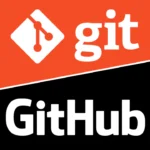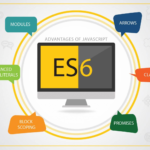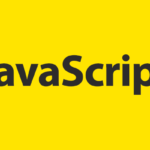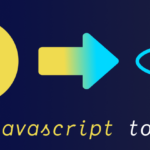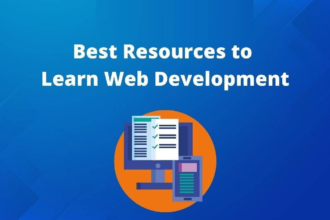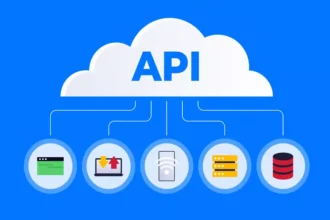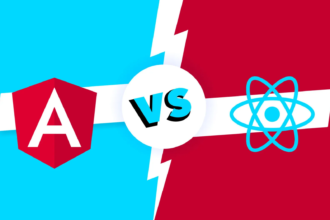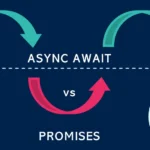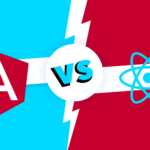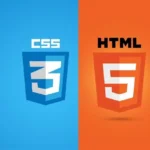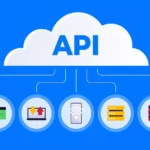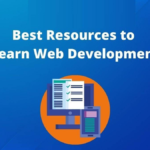
In recent years, the buzz around Artificial Intelligence (AI) has reached fever pitch. As a software developer, it’s hard not to notice the growing chatter: AI is coming for our jobs, Developers will be replaced, and so on. These concerns are valid, especially as AI tools like GitHub Copilot and ChatGPT make significant waves in the tech industry. But is AI really coming for developers? Or has it come to help us?
Let’s break it down. This isn’t just about the technology—it’s about understanding what AI truly is, what it can (and can’t) do, and how developers can thrive in a world where AI is here to stay.
The Evolution of AI: From Concept to Reality
Artificial Intelligence isn’t new. It’s been a dream since the 1950s when researchers first envisioned machines that could think, learn, and solve problems. Back then, AI was all about symbolic logic and rule-based systems—essentially machines following strict sets of instructions. While revolutionary at the time, these systems were limited in scope and practicality.
Fast forward to today, and AI has evolved into something far more powerful. Thanks to machine learning, neural networks, and vast amounts of data, AI systems can now:
- Generate code.
- Analyze and debug software.
- Automate testing and deployment processes.
The explosive growth of AI has been fueled by technological advancements in:
- Big Data: AI thrives on data, and the digital age has given it more than enough to chew on.
- Computing Power: GPUs and specialized chips enable faster and more efficient training of AI models.
- Open Source Frameworks: Tools like TensorFlow and PyTorch have democratized AI development, making it accessible to developers everywhere.
AI has truly come a long way—but does that mean it’s capable of taking over a developer’s job? Not so fast.
What AI Brings to the Table
AI in programming is a game-changer, but let’s be clear about what it actually brings:
1. Automation of Repetitive Tasks
AI excels at handling mundane, repetitive work—like generating boilerplate code, suggesting syntax corrections, or even automating tests. This means developers can spend less time on grunt work and more time solving complex problems.
2. Enhanced Productivity
Tools like GitHub Copilot can write code snippets, speeding up development. AI-powered debugging tools can identify issues faster than ever. These enhancements mean developers can deliver projects more efficiently.
3. Decision Support
AI doesn’t just spit out code; it can also analyze large datasets, recommend optimization strategies, or help make data-driven decisions during development.
The Shortcomings of AI in Development
Despite its strengths, AI is far from perfect. In fact, understanding its shortcomings is key to seeing why developers are irreplaceable:
1. Lack of Contextual Understanding
AI doesn’t truly understand the purpose behind a project. It can generate a code snippet, but it doesn’t grasp the business goals or user needs driving the development. Human developers bridge this gap.
2. Creativity and Innovation
AI is great at following patterns and working within known frameworks. But when it comes to creating something entirely new—a revolutionary app, a new programming paradigm, or a groundbreaking algorithm—AI falls short.
3. Ethical Decision-Making
AI doesn’t understand ethics. It’ll do what it’s trained to do, even if the result has unintended consequences. Developers must step in to ensure fairness, inclusivity, and accountability in the systems they build.
4. Code Quality and Maintenance
AI can generate functional code, but quality is another story. Code needs to be maintainable, scalable, and optimized for long-term use. This requires a level of judgment and experience that AI simply doesn’t have.
5. Dependency on Data
AI relies on training data, and if the data is biased, incomplete, or outdated, the output will reflect those flaws. Human oversight is critical to catching these issues.
Why Developers Are Irreplaceable
AI might be powerful, but there are areas where human developers outshine it every time:
1. Communication and Collaboration
Developers work with stakeholders, clients, and team members to bring a project to life. Understanding client needs, negotiating trade-offs, and aligning technical efforts with business goals require human empathy and insight.
2. Vision and Strategy
Designing a software system isn’t just about writing code—it’s about architecting a solution that works today and scales for the future. Developers think strategically, balancing immediate needs with long-term impacts.
3. Emotional Intelligence
Building software is a collaborative process. Developers mentor junior colleagues, foster teamwork, and ensure that projects align with human values. AI doesn’t bring this level of emotional connection to the table.
The Real Question: Is AI Coming to Help or Hurt Developers?
The fear of AI taking jobs is understandable, but history shows us that automation doesn’t replace humans—it transforms roles. Here’s the reality:
- AI can handle repetitive tasks, allowing developers to focus on more creative and strategic work.
- The rise of AI opens up new opportunities for developers to specialize in areas like AI model development, ethical AI practices, and advanced system design.
- Developers who embrace AI as a tool will amplify their impact, not diminish it.
Think of AI as a co-pilot. It’s here to support, accelerate, and enhance your work, not take it away. By leveraging AI tools effectively, developers can tackle bigger challenges and create even more innovative solutions.
Final Thoughts
AI isn’t here to replace developers—it’s here to push the boundaries of what developers can achieve. While AI handles the grunt work, you get to focus on what truly matters: creating, innovating, and solving problems that machines can’t.
So, is AI coming for developers? No. But it is coming with developers, and together, the possibilities are limitless.
Are you ready to embrace the change? Let’s talk in the comments below—your thoughts could inspire the next big conversation in the world of AI and programming!


